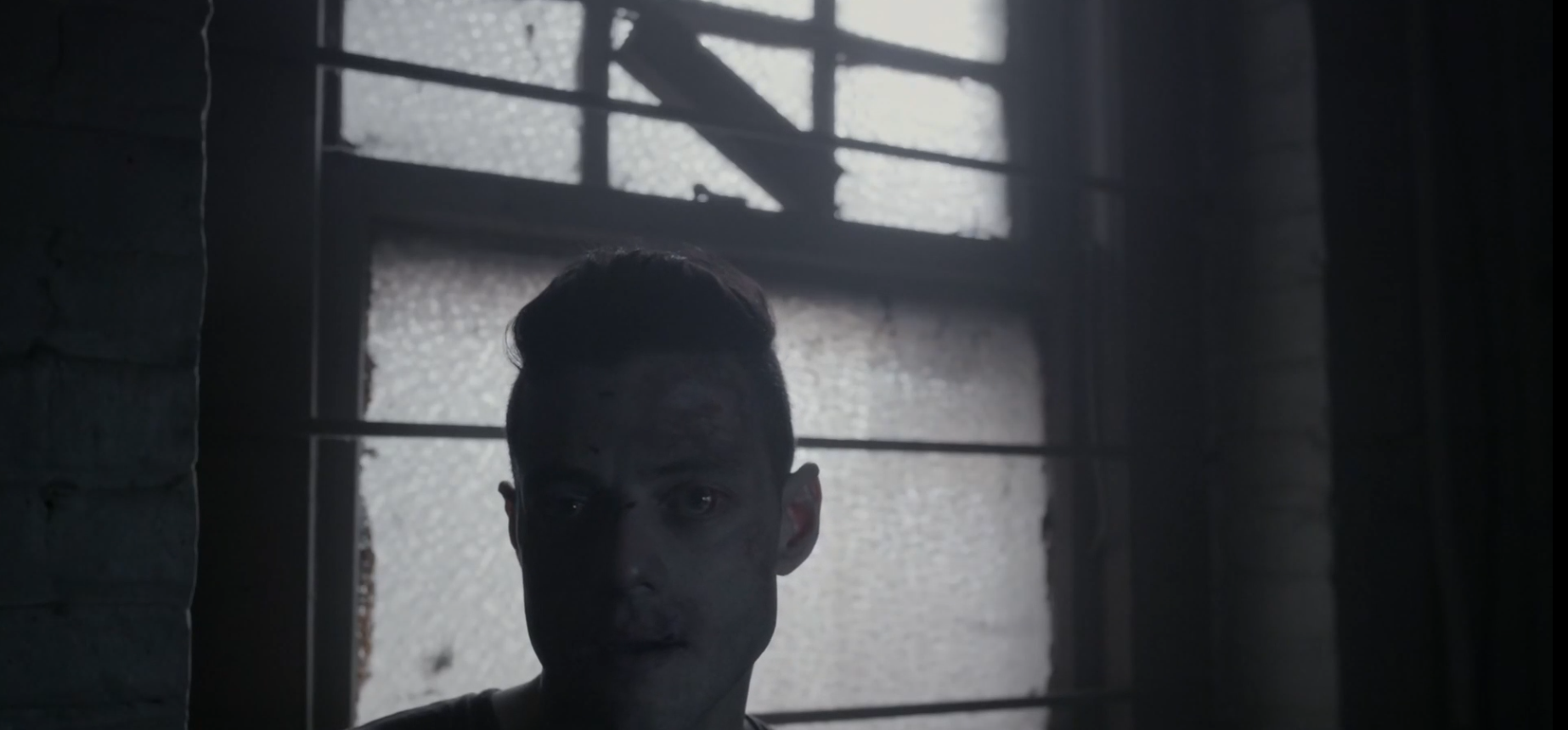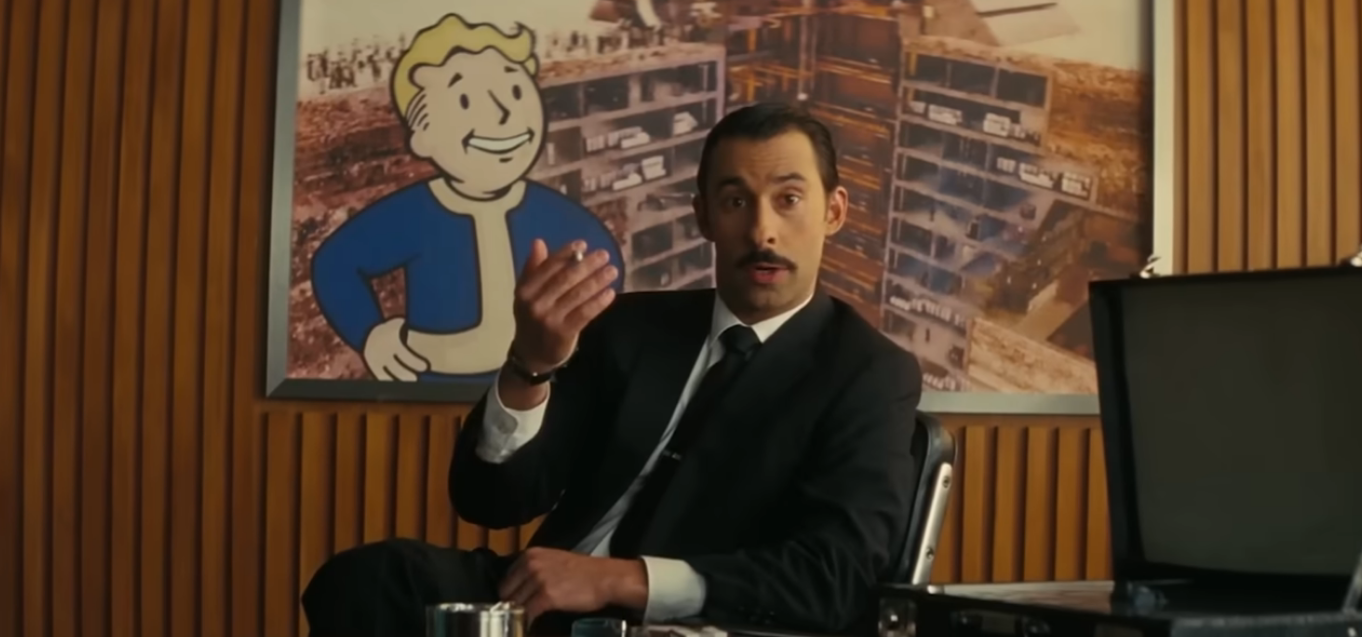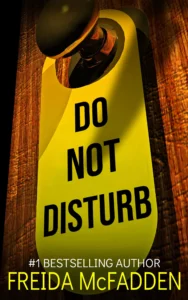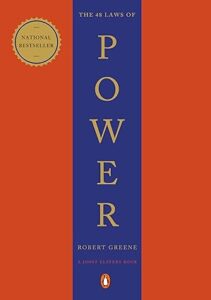Elliot Alderson in Mr. Robot: Hero, Antihero, or Villain?
Introduction
Few television protagonists have sparked as much debate and divided interpretation as Elliot Alderson, the brooding, hoodie-clad lead of Sam Esmail’s Mr. Robot. Portrayed with unsettling brilliance by Rami Malek, Elliot is not just the center of the show’s cyberpunk chess game, he is the game board itself. Through him, audiences are forced to wrestle with questions of morality, justice, and sanity in a world ruled by corporations and haunted by digital ghosts. But how should we define him? Is Elliot a hero, an antihero, or even a villain?
Champion of the Dispossessed
On the surface, Elliot embodies heroic traits. He is a defender of the powerless, launching cyber assaults against corporate giants like E Corp, the monolithic symbol of capitalism gone feral. His efforts to erase debt, dismantle financial monopolies, and expose corruption resonate with viewers who crave justice in a society that feels rigged against the average person.
Like a modern-day Robin Hood with a keyboard instead of a bow, Elliot’s cause is deeply rooted in empathy. His hacking crusade emerges from his acute awareness of human suffering—loneliness, addiction, economic servitude. He is not driven by personal enrichment but by an idealistic desire to liberate others, which marks him, at least initially, as a classic hero.
👉 Watch Mr Robot Now:
👉 Get MR Robot DVD and Blue Ray:
Flawed, Fragile, and Dangerous
Yet, to call Elliot a traditional hero would be dishonest. He is riddled with flaws—social anxiety, morphine addiction, paranoia, and most crucially, a fractured psyche. His creation of Mr. Robot, the anarchist alter ego embodied by Christian Slater, blurs the line between noble intent and reckless destruction. Elliot’s own mind becomes the battlefield where good intentions twist into dangerous consequences.
The antihero label fits him because he embodies moral ambiguity. He may fight for a righteous cause, but his methods, hacking, blackmail, and cyberterrorism, often mirror the violence of those he opposes. His crusade against E Corp triggers economic chaos, job losses, and social unrest. The cost of his revolution is borne not by the powerful but by ordinary people, precisely the ones he wants to protect. In this sense, Elliot becomes his own contradiction: savior and saboteur rolled into one.
A Rebel Who Breaks More Than He Fixes
There is also a compelling argument for branding Elliot as a villain. His “fsociety” hack devastates global financial systems, leading to widespread panic and despair. He manipulates friends, deceives allies, and frequently acts without consent, justifying his actions with an almost messianic certainty that he knows best.
The most damning aspect is his relationship with control. Elliot does not simply fight against oppression—he replaces one hierarchy with another, one master with himself. By playing god with digital systems, he strips individuals of agency, assuming the right to decide who deserves freedom and who must suffer collateral damage. A villain is not defined merely by intent, but by the harm inflicted, and Elliot leaves behind plenty of it.
Why He Resists Labels
What makes Elliot Alderson so compelling is that he defies neat categorization. He is all three archetypes at once: the hero who fights for justice, the antihero whose flaws derail his crusade, and the villain whose actions inflict unintended cruelty. In a narrative drenched in unreliable perspectives, Elliot’s identity mirrors the show’s larger theme, truth is subjective, fragmented, and often unknowable.
Elliot is not meant to be judged by one label, but rather to expose the fragility of the labels themselves. His character is a mirror for viewers’ own moral frameworks: those disillusioned with capitalism may see him as a hero, those wary of extremism as an antihero, and those sensitive to collateral damage as a villain. Like all great protagonists, Elliot forces us to examine our own complicity in the systems we live under.
Elliot as the Embodiment of Moral Ambiguity
In the end, Elliot Alderson is less a character to be classified than a question to be asked. Mr. Robot never gives us the luxury of certainty. Instead, it leaves us in the uncomfortable gray zone where revolutionaries and tyrants often overlap. Elliot is heroic in vision, antiheroic in execution, and villainous in consequence, a cocktail that makes him one of television’s most hauntingly human figures.













Post Comment